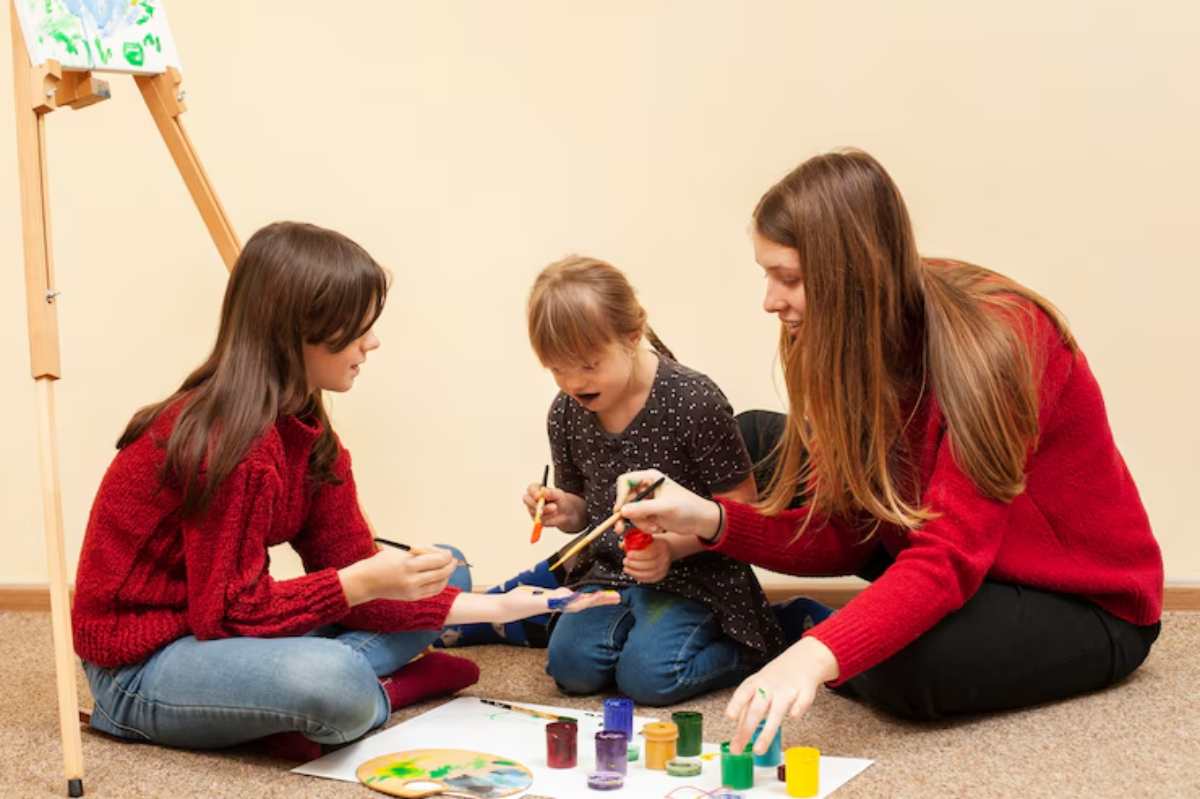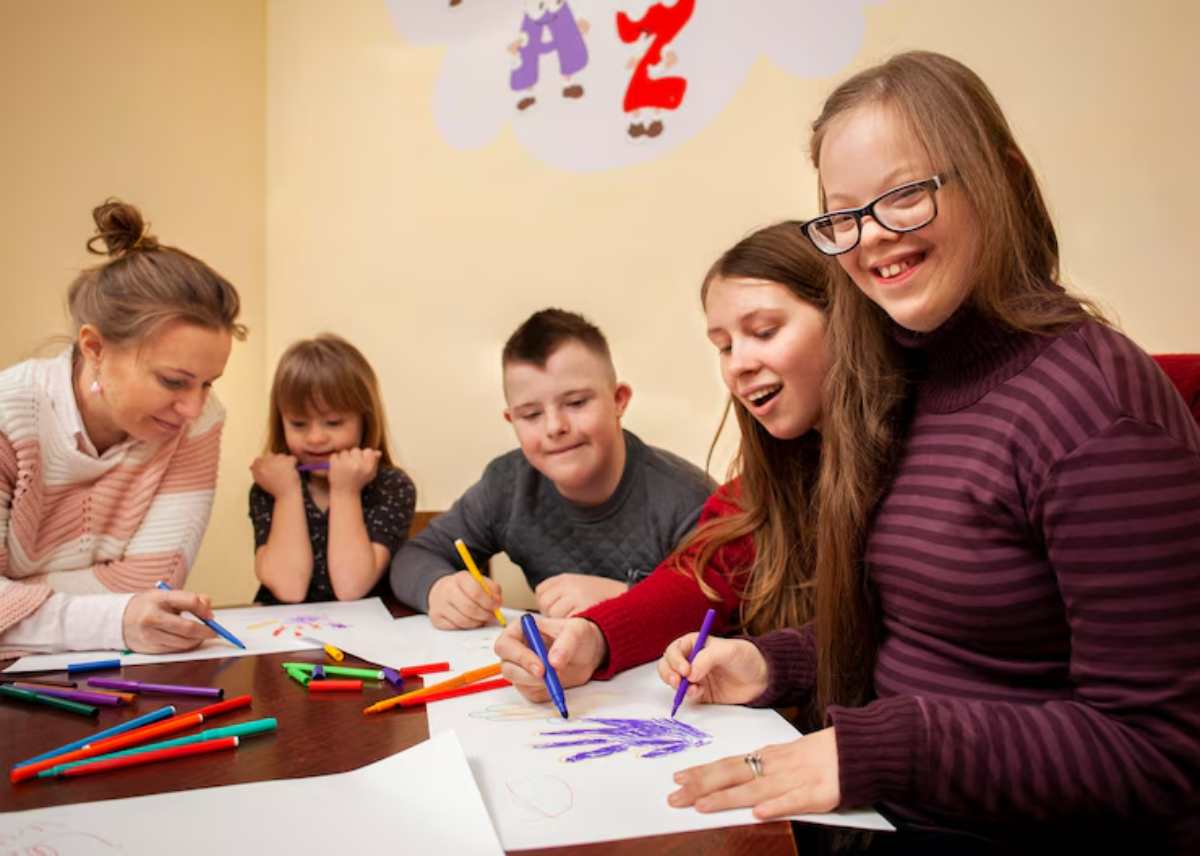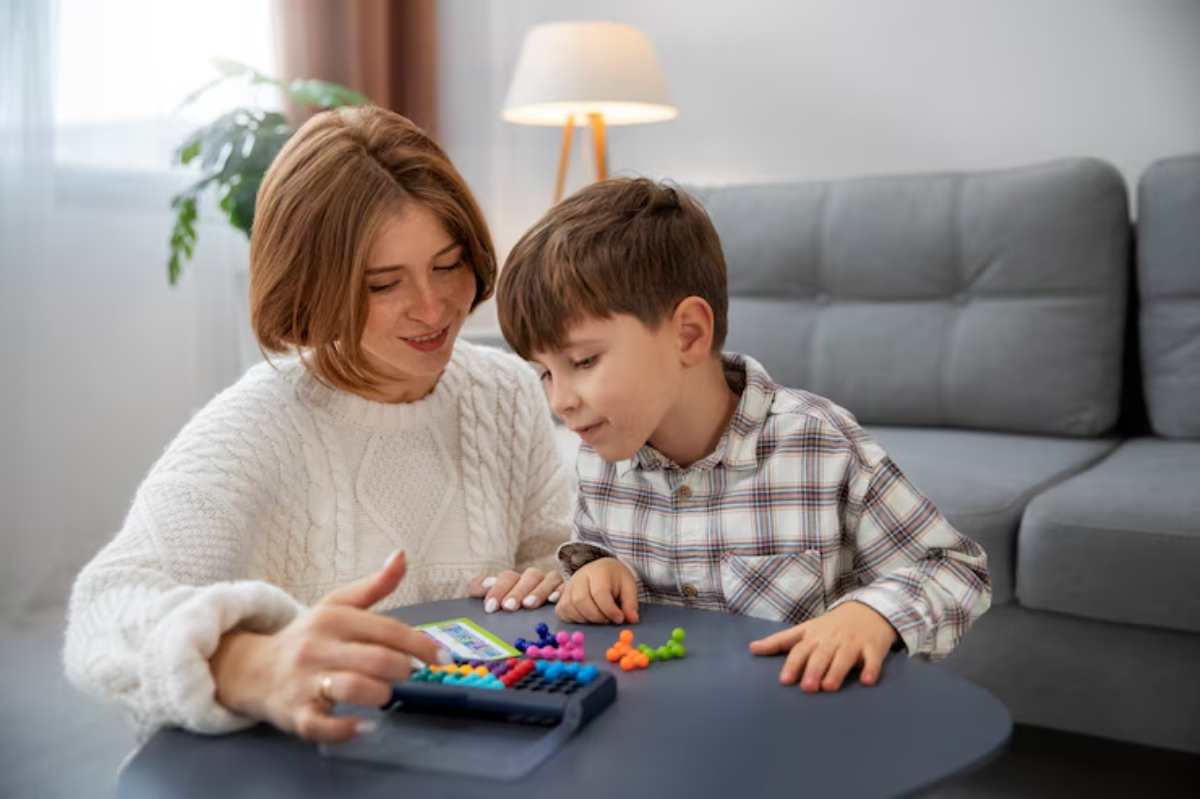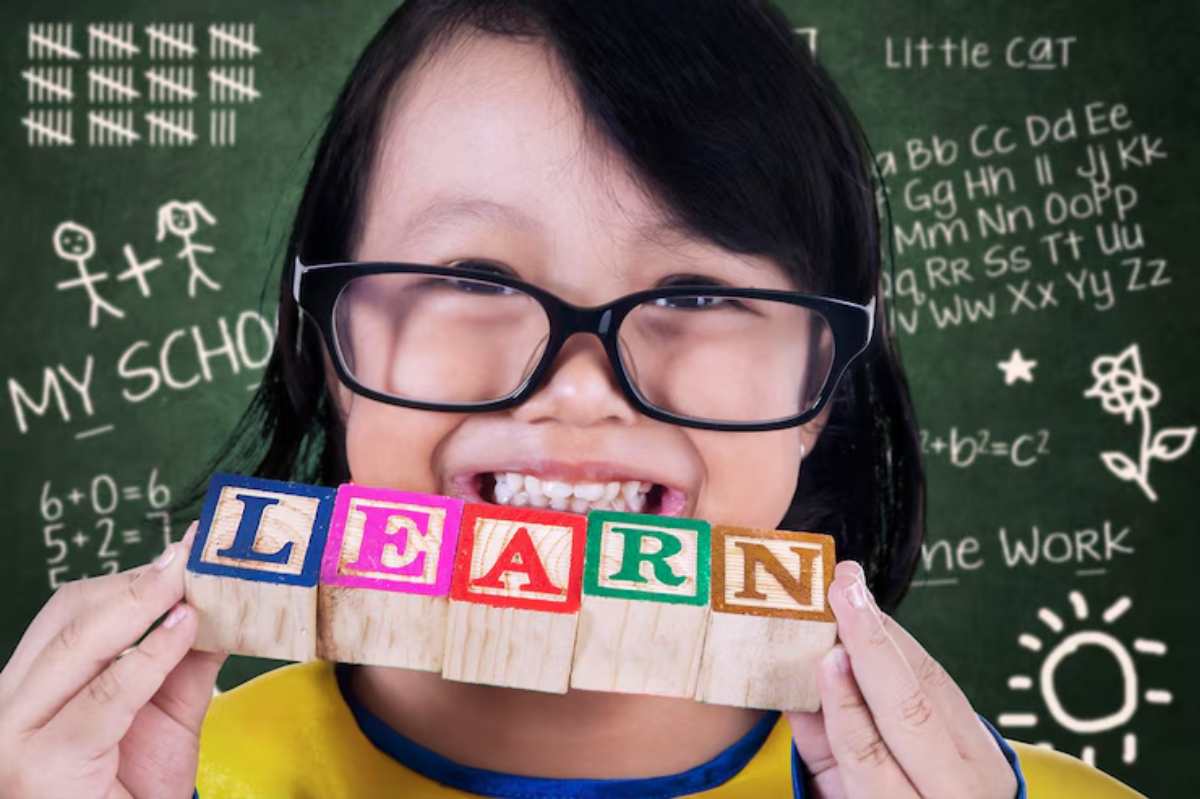
Supporting Social Development in Autistic Children
Learning is a process in and of itself, and each child grows at a different pace. For children with autism spectrum disorder, social development is no easy task. They may also have a hard time with social interactions, nonverbal cues, and making friends. But these challenges can be addressed. Autistic children can develop meaningful friendships and social confidence with the right support.
In this post, we’ll provide practical strategies, expert advice, and key parenting takeaways. Whether you’re just getting started or looking for ways to accelerate your child’s progress, you’ll find useful tools and insights.
Why It Matters: The Importance of Social Development in Autism
Social development is essential for emotional well-being, communication skills, and understanding the world. For autistic children, this process may look different what it does for neurotypical peers. This difference doesn’t make it any less important. Creating a safe and supportive space for learning is one of the best things you can do as a parent or caregiver.
Children with autism may struggle to grasp social cues, body language, and conversation rules. They often need structured opportunities and specific guidance to connect with others. Help boost their confidence by focusing on their strengths. Allow them to grow, and you’ll also help build meaningful relationships.
Key Benefits of Supporting Social Development
1. Improves Emotional Communication
When children learn to express their feelings understandably, they face less frustration. Social skills help them share needs, respond to others, and build emotional resilience.
2. Builds Confidence in Group Settings

Social confidence helps autistic kids join in at school, activities, and family events. This inclusion can greatly enhance their self-esteem.
3. Enhances Long-Term Independence
Strong social skills are vital for life beyond childhood. Good interaction skills help with independence and adaptability, from school to work.
4. Strengthens Family and Peer Relationships
As children learn to express themselves and listen, they create closer bonds with siblings, parents, and friends. These positive experiences lay the foundation for lasting relationships.
Additional Expert Tips & Common Mistakes to Avoid
Expert-Backed Strategies for Parents
- Use Structured Play: Play helps children learn to engage. Structured play—like taking turns in games or role-playing—offers chances to practice social skills in a relaxed setting.
- Model and Narrate Social Behaviour: Autistic children benefit from seeing social behaviour demonstrated. Describe your actions aloud. For example, say, “I’m asking if I can join the game because it’s polite to ask first.”This makes abstract ideas concrete.
- Leverage Visual Supports: Many autistic children learn better visually. Tools like social stories, visual schedules, and emotion charts make social concepts clearer.
- Celebrate Small Wins: Progress may come in small steps. Praise your child for efforts as well as outcomes, like making eye contact or trying a new activity.
Common Mistakes to Avoid
- Forcing Social Interaction: Pushing a child into social situations can increase anxiety. It’s better to follow their lead and introduce interactions slowly.
- Compared to Neurotypical Peers: Every child is unique. Avoid comparing your child’s progress to others. Focus on their individual growth and celebrate their milestones.
- Overlooking Sensory Needs: Busy or loud places can overwhelm children with sensory sensitivities. Address these needs by offering breaks or quiet spaces to help them focus on social learning.
Advanced Insights and Expert Recommendations
Tailor Strategies to Your Child’s Strengths
Some autistic children are verbal, while others are visual learners or thrive on routines. Match social skill activities to their strengths. For instance, a child who loves drawing might enjoy creating comic strips about social situations.
Incorporate Interest-Based Social Learning
Use your child’s interests to foster social connections. If they love trains, they should go to train events or join train groups. This way, they can meet others who share their interest.
Practice with Role Play and Scripting
Role play helps children practice social situations safely. Rehearse greetings, asking for help, or handling disagreements. Introduce social scripts—simple phrases they can use in common situations.
Collaborate with Therapists and Educators
Occupational therapists, speech-language pathologists, and behavioural therapists can create programs such as Social Thinking® and the PEERS® curriculum. Work closely with teachers to reinforce strategies and monitor progress.
Monitor and Adjust Over Time
Social development is ongoing and not always linear. What works today may need tweaking later. Keep communication open with your child, notice what they enjoy or find difficult, and adapt strategies as needed.
Empowering Connection Through Support and Understanding

Supporting social development in autistic children does not mean trying to make them conform to society. It’s about offering tools for self-expression and meaningful connection. Over time, parents and caregivers can help children feel at ease. This support encourages kids to enjoy their time with friends.
Every small step matters. Emphasise your child’s strengths, provide clear direction and have faith in the process. When we personalize, we allow our children to shine socially. We help create space for their unique voice.
Do you have a favourite strategy or success story from your parenting journey? Share your experience in the comments—your insight may help another parent along the way.


